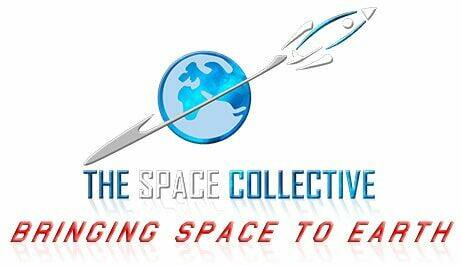Today we're celebrating one of the unsung greats of the pioneering era of Spaceflight, a man who sadly passed away only a few years ago, but who made an invaluable contribution to our understanding of orbital spaceflight, and who's cool under pressure, not only saved him, but probably the NASA Mercury space program as well.

We were fortunate enough to meet Scott at the Spacefest event in 2013, not many months before his passing. Moving along the hotel corridors, his humour, smile and wit never leaving him, as many in the hotel, there for a holiday, gleefully walked on by, probably not realising they were truly in the presence of the "Right Stuff".
Scotty was no ordinary astronaut. Whilst people revered Gus Grissom for his legendary test pilot skills, and in the flight sector, the like of Scott Crossfield and Chuck Yeager dominated the headlines, "Scotty" as he was known to his friends, took a far more cerebral approach to everything he did.
Given that Aurora 7, only the second Mercury orbital flight, was to be his only space mission, he continued throughout his life to seek answers, be they in the air, or below the ocean, where Scott had a deep (pardon the pun) passion for scuba diving.
It was he who suggested that the astronauts all join him and train as aquanauts, an amusing suggestion, given that one of the Mercury Seven, and a man who would eventually become their boss, Deke Slayton, could not even swim.
Scotty was placed in line after Deke's heart condition was diagnosed. ahead of Wally Schirra, in to what was considered to be the most complex Mercury mission at that stage. NASA had asked him to perform a whole series of scientific experiments, as well as some true "flying" of the capsule to see how it and he behaved in orbit.
Some of these flight manoeuvres were complex in the extreme, ones which the early on board computational power of the capsule simply could not achieve, or could, but with considerably more fuel consumption than NASA wanted to use. However, in performing these tasks to the best of his ability, Scott had inadvertently overshot his fuel budget, and NASA (and he) knew it.
The example of "cool under pressure" was evident in Carpenter though, throughout the mission. Whilst NASA's legendary Chris Kraft was barking orders up to tell Scott to basically get on with it, Carpenter went to far as to cover the fuel warning indicators with tape "so as not to be bothered by all that"
He continued with his experiments, working out that the "fireflies" seen by Glenn were in fact frost from the spacecraft, but in doing so, overshot his landing burn, by, what seems like a small margin, only a few seconds...
Sadly at 17,500 mph, that equates to a huge distance, and with fuel now at critical levels, his reentry and splashdown were some 250 miles from where they should have been. One can only imagine the apoplectic reaction of Kraft during this, but for Carpenter, his time in the mid Atlantic, sitting in his life raft, waiting for the recovery forces, he oft stated as being "a period of calm to think about my flight".
Scott was berated by many at NASA, including his astronaut colleagues. It was an unforgiving time, with Gus Grissom still in the dog house over losing Liberty Bell, NASA demanded nothing but perfection.
But looking on, some 50+ years later, we can only admire the courage, and almost poetic nature of Carpenters' flight. A flight which finally proved that whilst the test pilot mentality was something required, there was more to space than just times, knobs and switches.. space is and continues to be "the final frontier" and Scott Carpenter, more than any of the early astronauts, showed that voyaging to that frontier could be more than just for science.
Ad Astra Scott... and we thank you.
